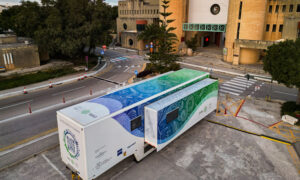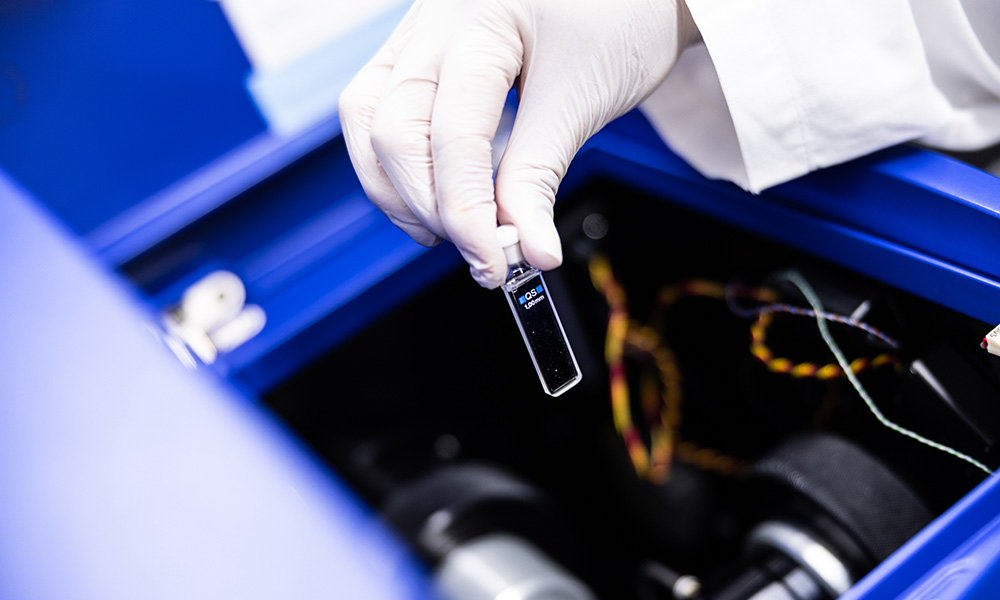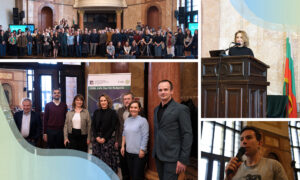
EMBL Hamburg joins northern European life science consortium
EMBL Hamburg partners with HALRIC to strengthen life science research and innovation network in southern Scandinavia and northern Germany

EMBL Hamburg is now one of the partners in the Hanseatic Life Science Research Infrastructure Consortium (HALRIC). The consortium aims at establishing collaborations between industry, hospitals and universities that will lead to mutual benefits from the unique research infrastructures and competencies available in southern Scandinavia and northern Germany. The three-year project, funded by the EU and led by Lund University in Sweden, launched on 1 April 2023 and had its kick-off meeting in Copenhagen on 20 April.
HALRIC continues and expands on the activities initiated by HALOS, the Hanseatic League of Science, which focused on interconnecting infrastructures for life science research and innovation between Hamburg and south-west Scandinavia from 2019 to 2022. EMBL Hamburg is thrilled to join this project as it will boost its efforts in pursuing integration of life sciences – an EMBL mission – and it is uniquely positioned to do this as a pan-European molecular biology institute.
HALOS supported collaborations and visits to partner institutions, creating new opportunities for networking and knowledge exchange, especially valuable for research facilities. During the project, EMBL Hamburg’s Sample Preparation and Characterisation (SPC) Facility and the small-angle X-ray scattering (SAXS) facility hosted visits from several HALOS collaborators.
Lucas Defelipe, Postdoctoral Fellow at EMBL Hamburg’s SPC Facility, benefited from HALOS’s support by visiting the MAX IV synchrotron in Sweden to learn about certain techniques they apply. “The visit allowed me to dive into the world of microfluidic devices and time-resolved SAXS, creating new research opportunities and fostering collaboration. This expertise has been a significant asset to the SPC Facility, for developing advanced fast-mixing experiments,” said Defelipe.
In addition, EMBL Hamburg’s SAXS facility hosted visits from several scientists from Denmark and Sweden in the framework of the HALOS collaboration. “Through HALOS, our visitors benefited from the expertise of the team. Beyond a simple facility visit, we developed solid foundations for further collaborations,” said Clement Blanchet, Interim Head of BioSAXS Services.
Within HALRIC, EMBL Hamburg will provide access to its integrative structural biology facilities and engage in collaborations applying experimental, computational, and theoretical approaches to further research as part of the EMBL Programme 2022-26 ‘Molecules to Ecosystems’. “I see this as a great opportunity to establish potential collaborations with industry partners in the participating regions and thereby help them benefit from the latest developments in the molecular life sciences,” said Maria Garcia Alai, Head of EMBL SPC Facility.


